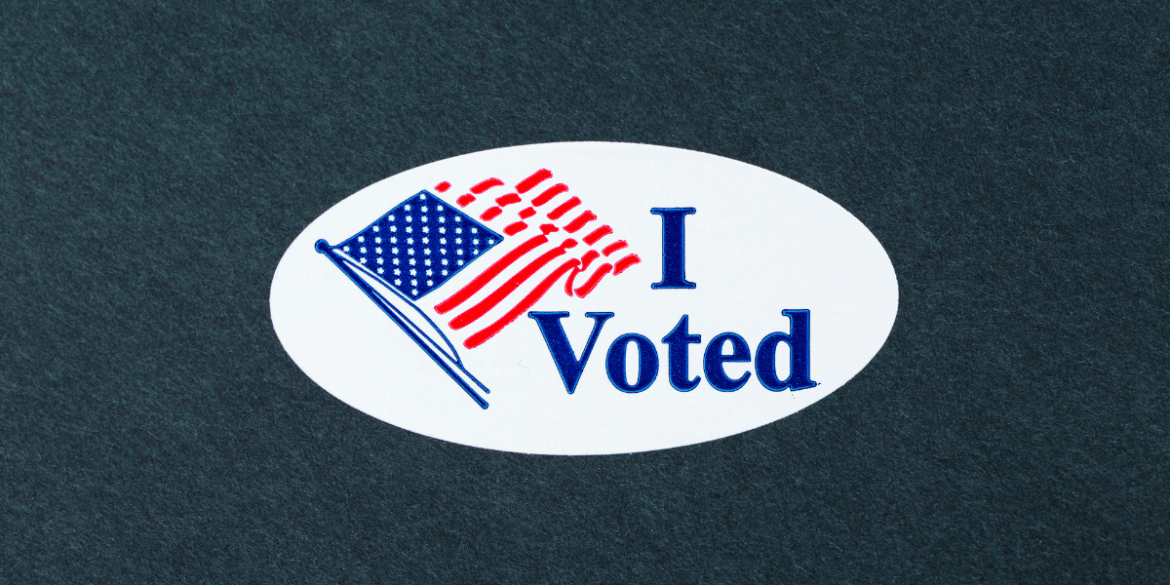In the wake of the disputed 2024 election, a new piece of voting rights legislation is gaining widespread attention in Congress. The bill, which seeks to expand voter protections and make the election process more equitable, has garnered support from lawmakers on both sides of the aisle. Advocates for the bill argue that it is a necessary step in addressing concerns about voter suppression, election interference, and accessibility.
One of the key provisions of the proposed bill is the implementation of automatic voter registration (AVR). Under this measure, all eligible citizens would be automatically registered to vote when they interact with state agencies, such as the Department of Motor Vehicles, unless they opt out. This move is aimed at increasing voter participation by eliminating barriers to registration, which often prevent millions of eligible voters from casting their ballots.
Additionally, the bill includes provisions to expand early voting. Proponents argue that early voting is essential for providing all citizens with a fair and accessible means of voting. The bill proposes extending early voting periods, as well as making early voting more flexible and accessible to a broader range of people, including those with disabilities and those who work long hours.
Another critical component of the bill focuses on combatting gerrymandering, a practice where electoral district boundaries are manipulated to favor one political party. The legislation proposes creating independent commissions in states to draw district lines, a move aimed at reducing partisan influence in the redistricting process. This proposal is seen as an effort to ensure that elections are more reflective of the actual political makeup of districts and that voters’ choices are not undermined by skewed district boundaries.
The contentious 2024 election raised alarms about the integrity of the voting process, with accusations of voter suppression in several states and concerns about the reliability of voting systems. In response, lawmakers are working swiftly to address these issues. The proposed bill has already received backing from civil rights organizations, voting advocacy groups, and a growing number of lawmakers. While the bill has yet to be passed, discussions are expected to intensify throughout January 2025 as lawmakers seek common ground on the critical issues of voter access and election security.
This legislation marks a significant effort to restore faith in the democratic process and ensure that all eligible voters can participate freely and fairly in future elections. As the bill moves through Congress, its success could have long-lasting impacts on the U.S. electoral system, making it more inclusive and secure.

